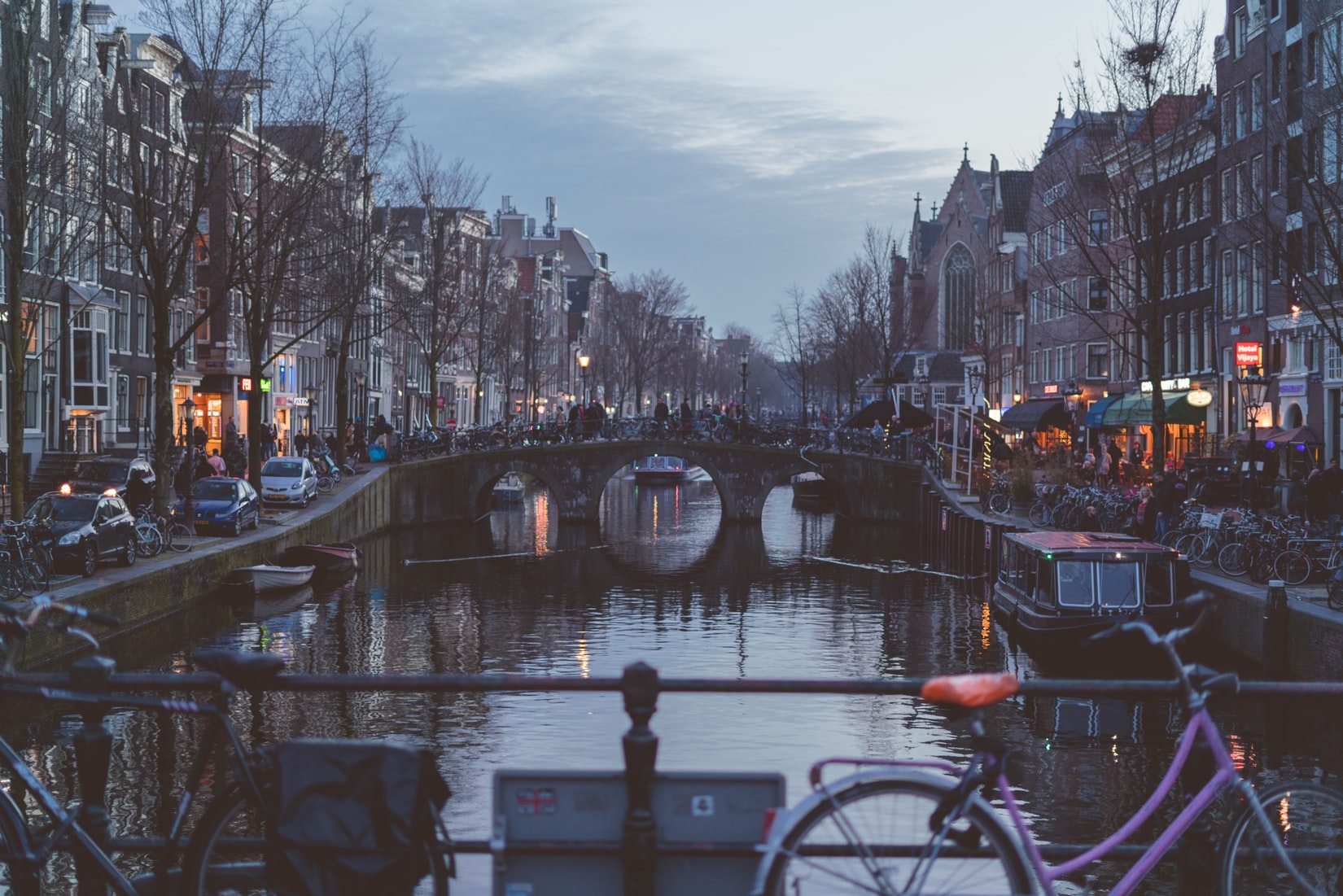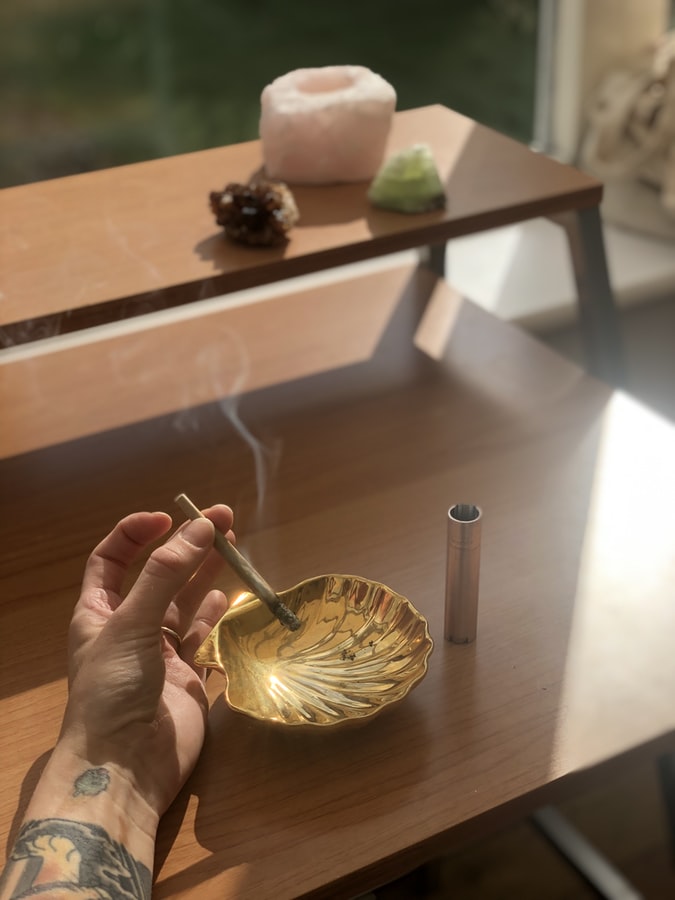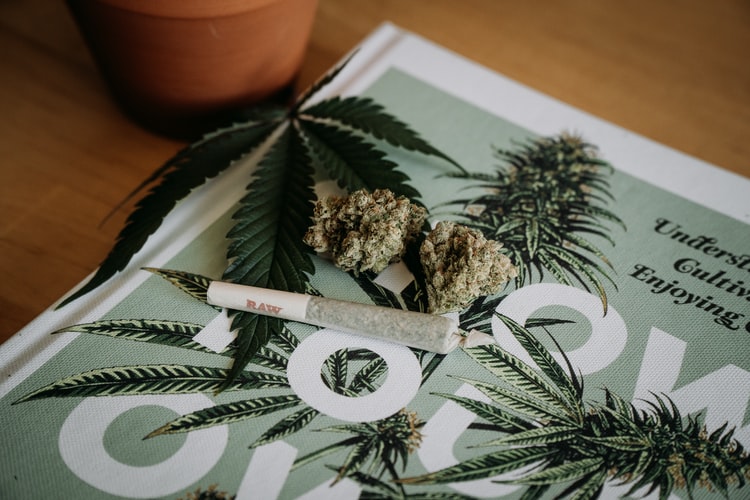With New Zealand’s recent referendum on the legalization of cannabis, the drug has become a subject worthy of public debate again.
In countless debates over marijuana worldwide, The Netherlands is often included as an example of a “marijuana-legal country”.
Photos of Dutch national queueing up outside “coffee shops” (the Dutch way of saying cannabis café) before they were closed due to the coronavirus pandemic further enhanced the country’s association as a weed smokers’ paradise.

While the conventional wisdom might be that cannabis is legal in this liberal country, the truth is that it is not, and will most likely not be legal in the future.
In fact, possessing, producing and dealing in drugs are criminal offences according to Dutch law.
The Netherlands has a toleration policy for cannabis, however, which includes categorizing it as a ‘soft drug’ in the country.
Under the toleration policy, the sale of cannabis in coffee shops is still a criminal offence, but sellers will not be prosecuted if they comply with the regulations put in place by the government.

For instance, coffee shops are not allowed to sell over 5 grams of cannabis in a single transaction, and no alcoholic drinks can be sold or consumed in the shops.
Each municipality decides how many coffee shops are permitted to operate within its boundaries, as well as enacting its own regulations regarding coffee in the coffee shops.
Individuals aged over 18 will not be prosecuted if they possess less than 5 grams of cannabis.
Despite the loose rules towards possession, and the coffee shops’ sale of cannabis, it is still against the law to cultivate or to supply cannabis.
This creates the problem that coffee shops cannot get their supplies from legal sources, and hence an unregulated illegal cannabis market exists – kind of.
Last year, the Dutch government decided to shed some light on the opaque cannabis supply market with the “controlled cannabis supply chain experiment”.
The aim of this experiment is to test the possibility of regulating a quality-controlled supply of cannabis to coffee shops.

The experiment will run for four years, starting next year.
Ten municipalities will participate in the experiment.
During the experiment, up to 10 growers in each of the participating municipalities will be approved by the government as legal producers.
Coffee shops located in these 10 municipalities will be obliged to sell only cannabis purchased from those “legal” growers.
The reasoning behind the toleration policy and the existence of such ‘coffee shops’ is to prevent people who use soft drugs from coming into contact with hard drugs.
(Hard drugs are drugs that carry much more associated risk than soft drugs – e.g. heroin and cocaine- both strictly prohibited under Dutch law.)
If the experiment goes well, it will add a new dimension to the existing cannabis debates, and perhaps set an international precedence for a new way to govern cannabis.










Comments are closed.